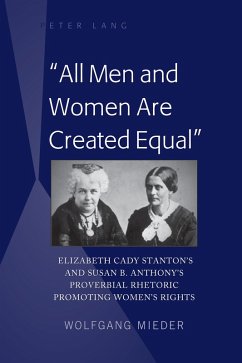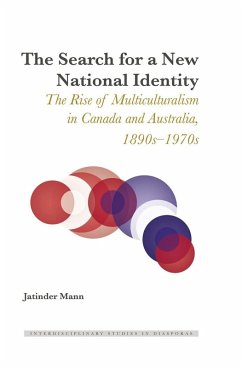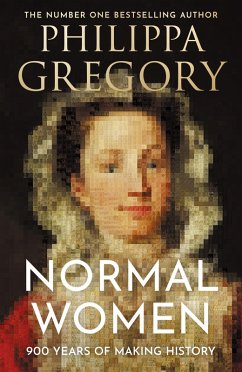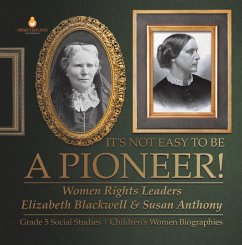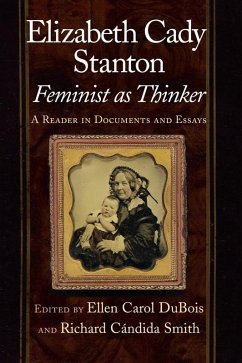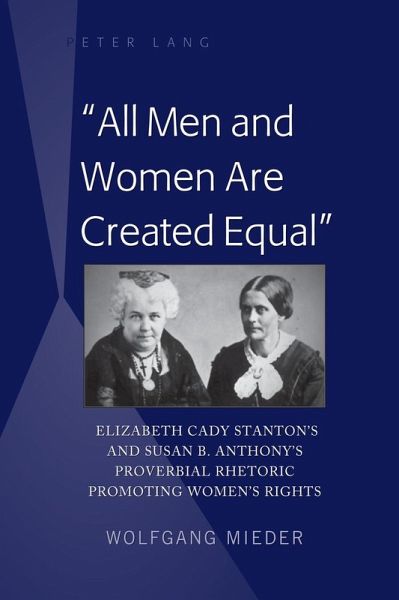
All Men and Women Are Created Equal (eBook, ePUB)
Elizabeth Cady Stanton's and Susan B. Anthony's Proverbial Rhetoric Promoting Women's Rights
Versandkostenfrei!
Sofort per Download lieferbar
Statt: 103,75 €**
64,95 €
inkl. MwSt.
**Preis der gedruckten Ausgabe (Gebundenes Buch)
Alle Infos zum eBook verschenkenWeitere Ausgaben:

PAYBACK Punkte
32 °P sammeln!
Even a cursory glance at the letters, speeches, and essays of Elizabeth Cady Stanton (1815-1902) and Susan B. Anthony (1820-1906) reveals that these two nineteenth-century feminists relied on Biblical and folk proverbs to make their relentless case for the equality of men and women before the law and in social interaction. All Men and Women Are Created Equal investigates the use and function of this proverbial language in their personal relationship and their vast correspondence, the appearance of the proverbial rhetoric in their many speeches and essays, and their innovative employment of pro...
Even a cursory glance at the letters, speeches, and essays of Elizabeth Cady Stanton (1815-1902) and Susan B. Anthony (1820-1906) reveals that these two nineteenth-century feminists relied on Biblical and folk proverbs to make their relentless case for the equality of men and women before the law and in social interaction. All Men and Women Are Created Equal investigates the use and function of this proverbial language in their personal relationship and their vast correspondence, the appearance of the proverbial rhetoric in their many speeches and essays, and their innovative employment of proverbial quotations from such documents as the Declaration of Independence to further their cause. It also looks at how proverbs in their traditional wording or as innovatively changed pieces of wisdom were used to argue both for equal pay and education of women and to overcome the misogyny of the established church. A final chapter looks at how the Biblical proverb «Do unto others as you would have them do unto you» became a powerful verbal tool to justify their rightful call for equal rights for women. These interpretive chapters are followed by a large index of proverbs and proverbial expressions that are listed in their rhetorical contexts with precise information as to their source and date. Both parts together tell the story of Stanton's and Anthony's lives and work by way of enlightening proverbial paragraphs dealing with women's rights.
Dieser Download kann aus rechtlichen Gründen nur mit Rechnungsadresse in A, B, BG, CY, CZ, D, DK, EW, E, FIN, F, GR, HR, H, IRL, I, LT, L, LR, M, NL, PL, P, R, S, SLO, SK ausgeliefert werden.




